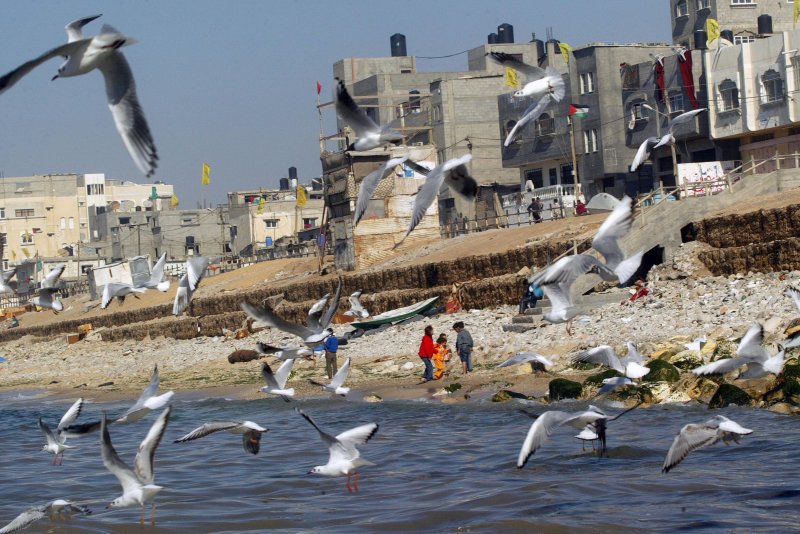PARIS, Dec. 17 (UPI) -- Beaches may be a reservoir of the pathogen E.coli as a result of migratory bird droppings, researchers in France and Portugal say.
Scientists at the Hopital de Bicetre in Paris and Universidade do Porto in Portugal said E.coli can be very resistant to antibiotic drugs, which makes the infection hard to treat.















